China warns US to stop 'unilateral bullying', heed Beijing's 'legitimate concerns'
The US must abandon the “old routine of unilateral bullying” and stop suppressing China's development, Chinese Foreign Minister Wang Yi has told his US counterpart Antony Blinken.
Wang urged the US to pay attention to China's legitimate concerns, and stop trying to contain and suppress its development while warning Washington against trying to challenge China’s red lines using “salami slicing” tactics.
He was referring to the tactic of using a series of small actions to achieve a much larger result that is difficult to achieve with large actions.
The latest remarks by the top Chinese diplomat underscored deep tensions that have marked relations between the world’s two largest economies despite direct and indirect channels of communication.
Chinese President Xi Jinping's met with US President Joe Biden at the G-2 summit in Bali last month, where important issues including Taiwan were discussed between the two leaders. It was their first face-to-face conversation since 2017.
According to a statement from the Chinese Foreign Ministry on Friday, Wang stressed in the phone call with Blinken that the two sides should focus on turning the consensus of the heads of the two countries into practical policies and concrete actions.
"It is necessary to step up consultations on the guiding principles of China-U.S. relations, promote dialogue at all levels, and resolve specific issues between the two countries through joint working groups," Wang was quoted as saying.
China has sovereignty over Chinese Taipei, and under the "one China" policy, almost all world countries recognize that sovereignty, meaning they would not establish direct diplomatic contact with the self-proclaimed government in Taipei.
This is while Chinese Taipei's secessionist president Tsai Ing-wen has independence aspirations and views the island as a sovereign state.
The United States, though professing adherence to the principle, has long courted Taipei and continues to sell weapons to the self-governed island in an attempt to affront Beijing.
Some US allies in Europe have also been increasing their visits to Taipei, despite strong objections by Beijing.
A number of countries, including France, Germany, Japan, and others, have sent delegations of their own to Chinese Taipei since then, further increasing tensions in the Taiwan Strait.
Back in August, US House Speaker Nancy Pelosi stirred controversy when she made a brief trip to Taipei and met with its president, which led to a major diplomatic row and inflamed military tensions.
US threatens Iraq with potential sanctions if Maliki returns as PM: Report
Iran and Russia’s quiet economic realignment
Iran Judiciary: EU resolution parrots counter-revolutionary claims
VIDEO | Aerial shots of floods in western France's Maine-et-Loire department
UK police usurped by Zionists
Baghaei to Press TV: Iran enters Geneva talks with ‘open mind and open eyes’
Warships can be sent to the seabed, Leader warns in response to Trump’s threats
VIDEO | Press TV's news headlines


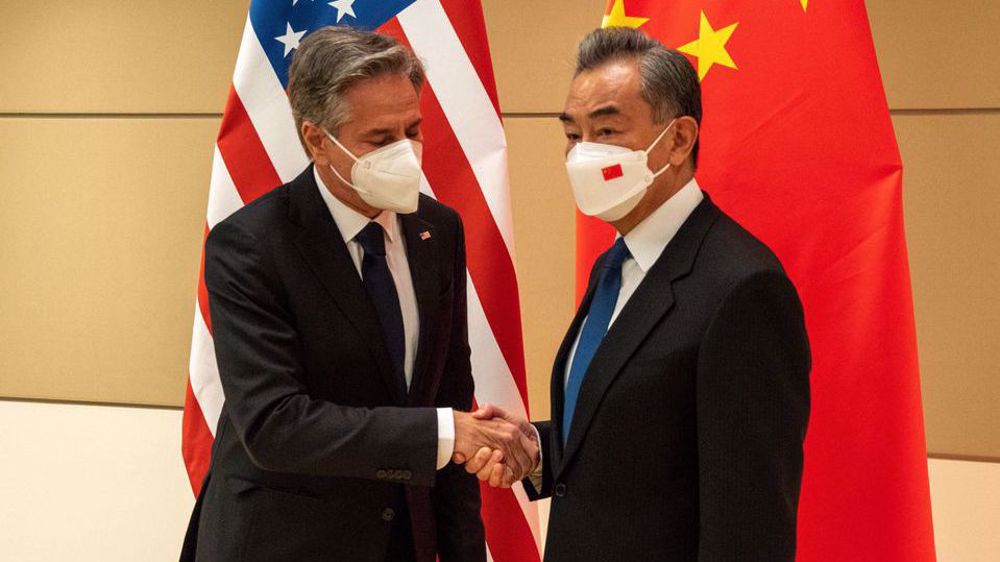

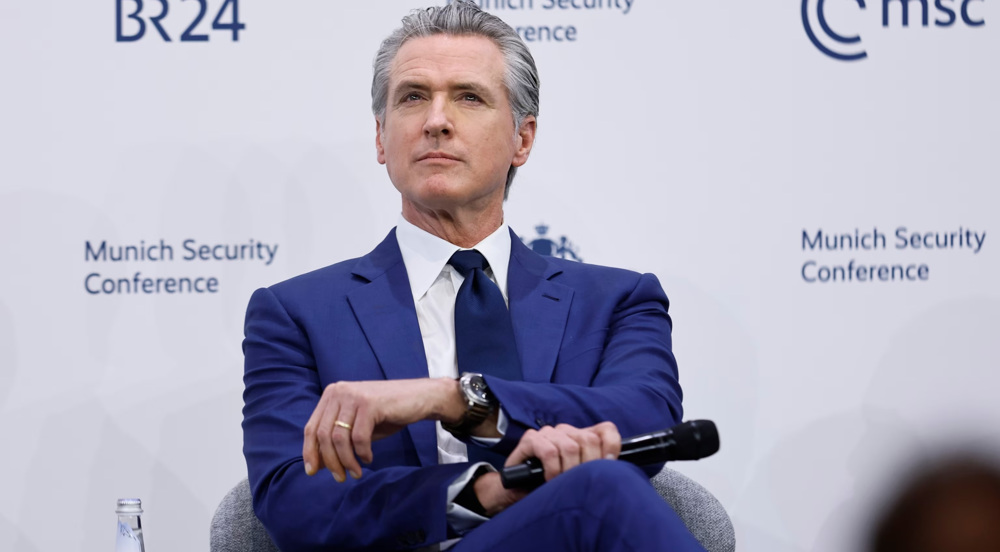




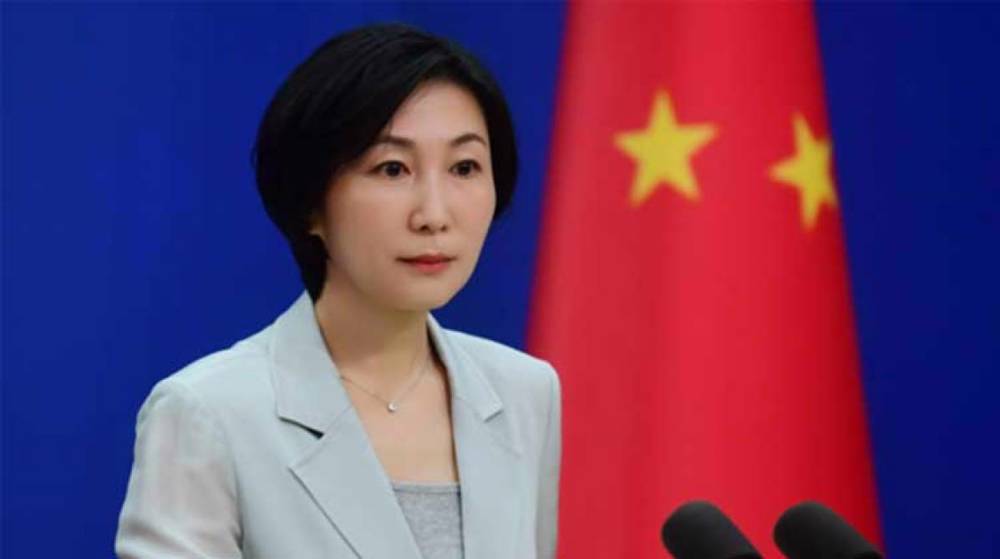
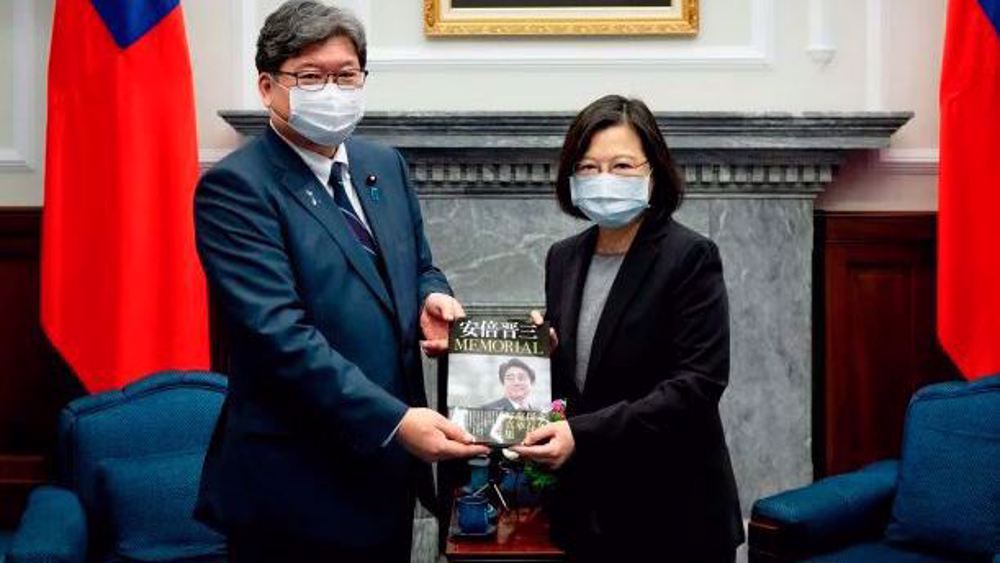
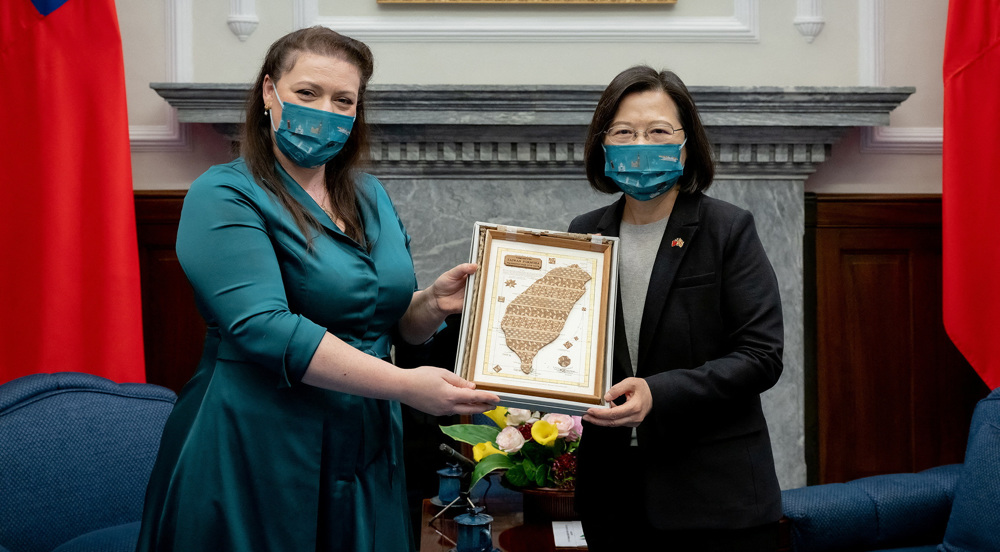
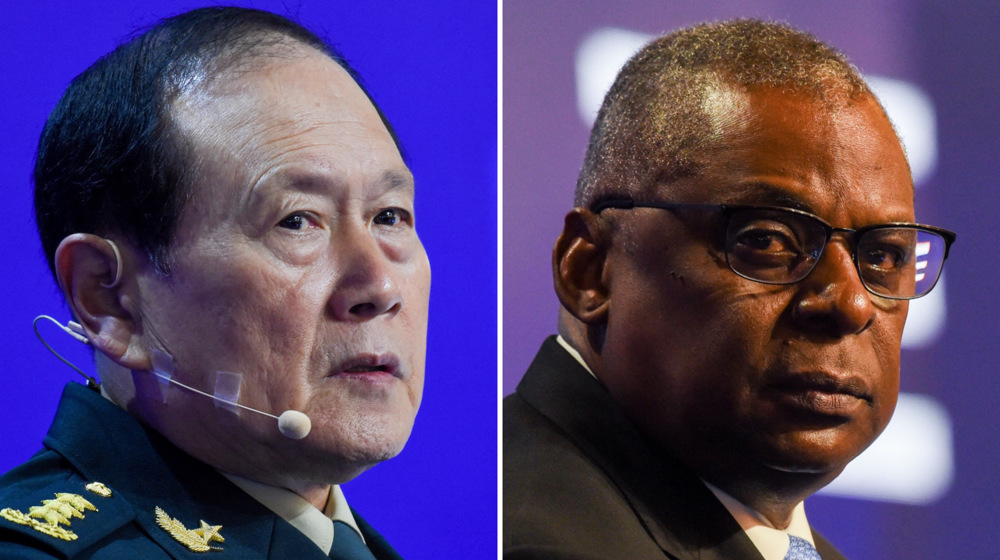
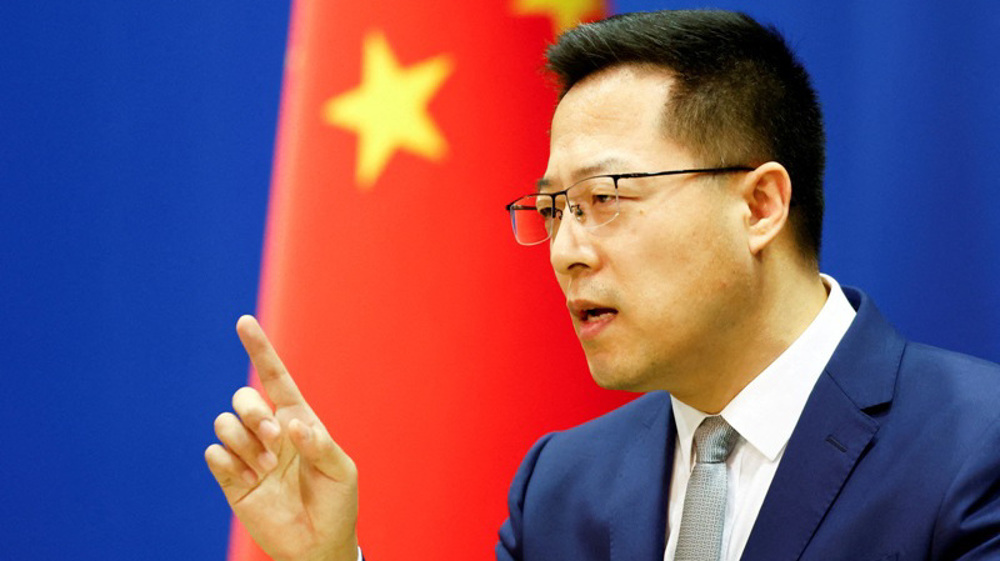
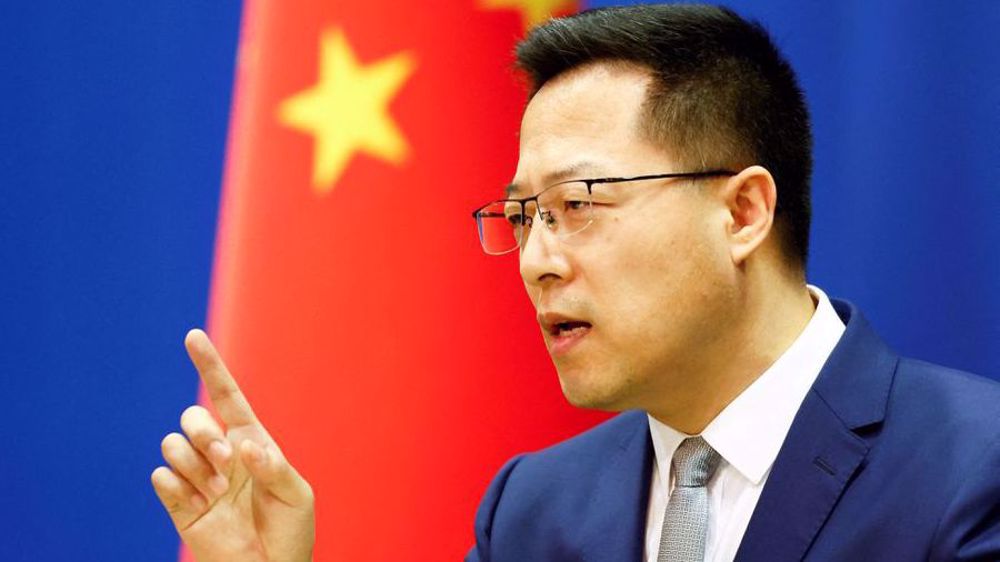

 This makes it easy to access the Press TV website
This makes it easy to access the Press TV website